What is organizational culture?
Organizational culture is the collection of values, expectations, and practices that guide and inform the actions of all team members. Think of it as the collection of traits that make your company what it is. A great culture exemplifies positive traits that lead to improved performance, while a dysfunctional company culture brings out qualities that can hinder even the most successful organizations.
Don’t confuse culture with organizational goals or a mission statement, although both can help define it. Culture is created through consistent and authentic behaviors, not press releases or policy documents. You can watch company culture in action when you see how a CEO responds to a crisis, how a team adapts to new customer demands, or how a manager corrects an employee who makes a mistake.
The importance of culture to your company
Organizational culture affects all aspects of your business, from punctuality and tone to contract terms and employee benefits. When workplace culture aligns with your employees, they’re more likely to feel more comfortable, supported, and valued. Companies that prioritize culture can also weather difficult times and changes in the business environment and come out stronger.
Culture is a key advantage when it comes to attracting talent and outperforming the competition. 77 percent of workers consider a company’s culture before applying, and almost half of employees would leave their current job for a lower-paying opportunity at an organization with a better culture. The culture of an organization is also one of the top indicators of employee satisfaction and one of the main reasons that almost two-thirds (65%) of employees stay in their job.
Consider Microsoft and Salesforce. Both technology-based companies are world-class performers and admired brands, and both owe this in part to prioritizing culture. Microsoft, known for its cut-throat competitiveness under Steve Balmer, has been positively transformed by Satya Nadella, who took over as CEO of the company in 2014. He embarked on a program to refine the company culture, a process that upended competitiveness in favor of continuous learning. Instead of proving themselves, employees were encouraged to improve themselves. Today Microsoft’s market cap flirts with $1 trillion and it is again competing with Apple and Amazon as one of the most valuable companies in the world.
Salesforce puts corporate culture front and center and has experienced incredible growth throughout its history. Marc Benioff, Salesforce’s founder and CEO, established philanthropic cultural norms that have guided the company over the past two decades. All new Salesforce employees spend part of their first day volunteering and receive 56 hours of paid time to volunteer a year. This focus on meaning and mission has made Salesforce one of the best places to work in America according to Fortune, and it hasn’t compromised profits either: Salesforce’s stock price has surged year after year at an average of over 26% annually to date.


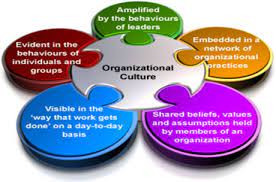

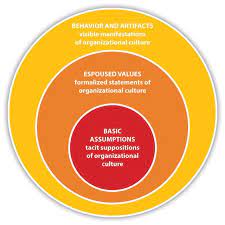





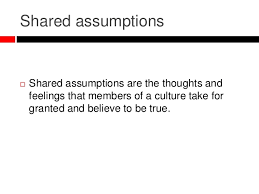
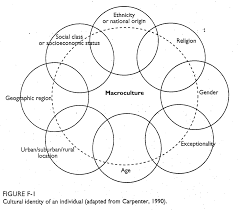


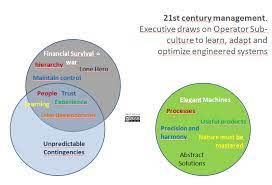


















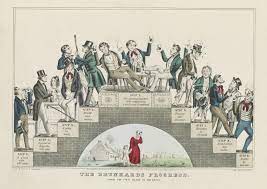
It’s hard to come by well-informed people about this topic, but you sound
like you know what you’re talking about! Thanks
What’s up friends, its impressive piece of writing about educationand completely explained, keep
it up all the time.
Hello, I check your blog regularly. Your story-telling style is
awesome, keep it up!
Quality articles or reviews is the key to interest the users to pay a visit the web page, that’s what this website is providing.